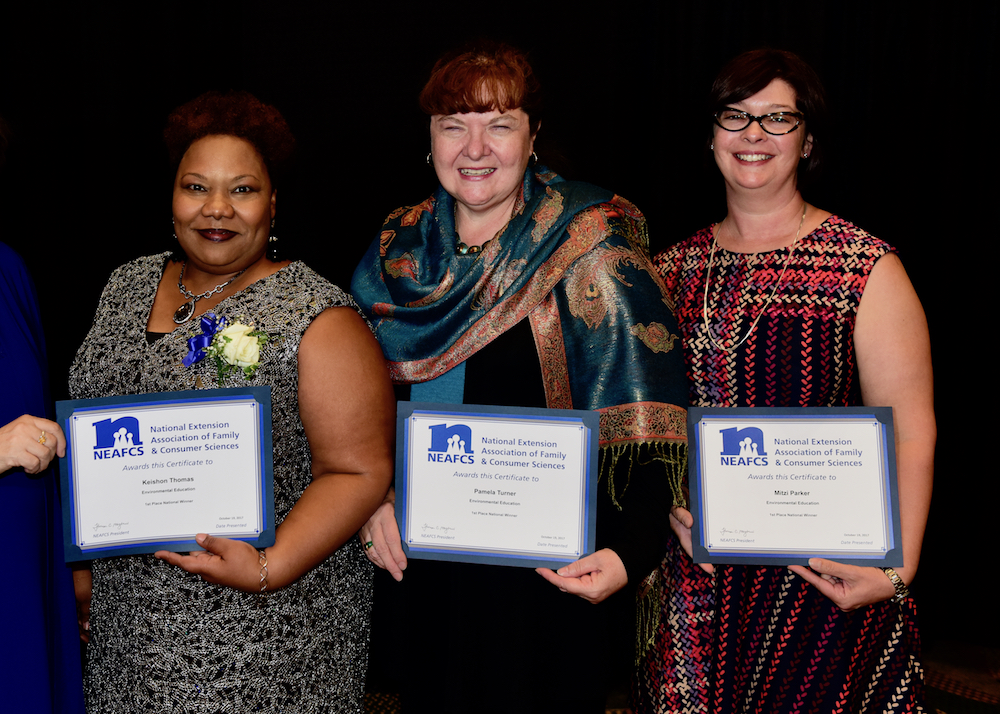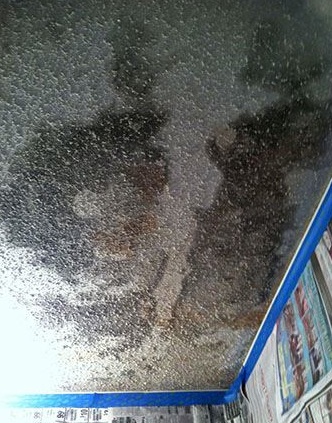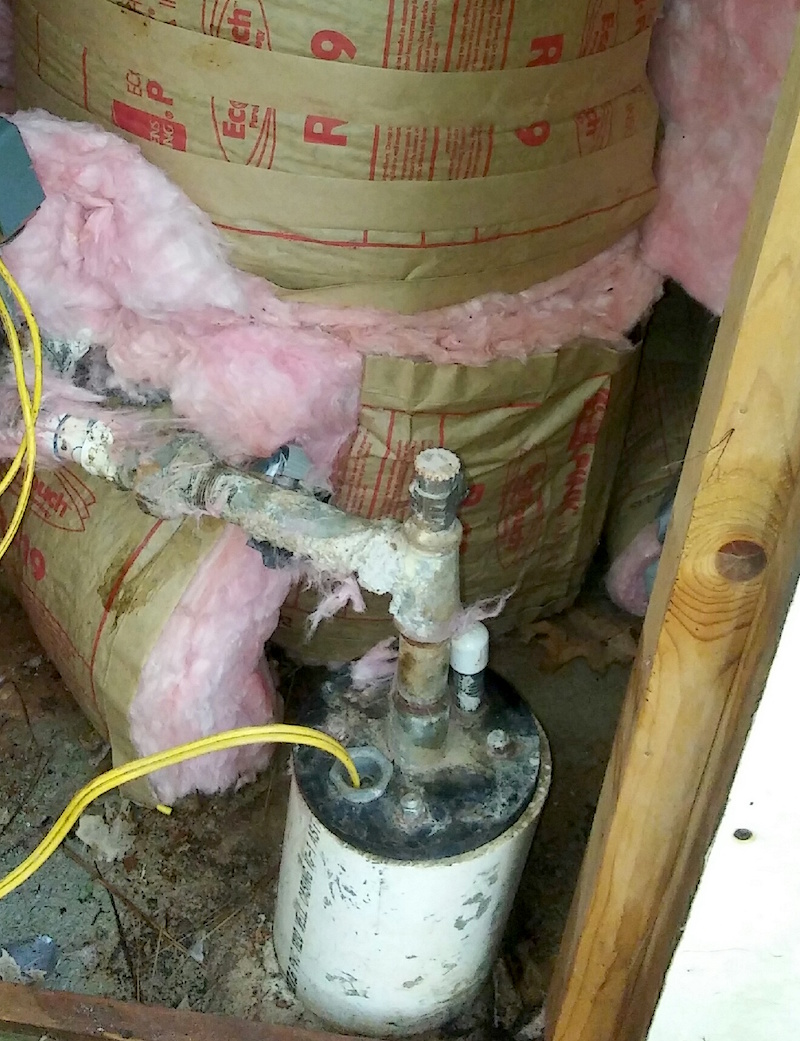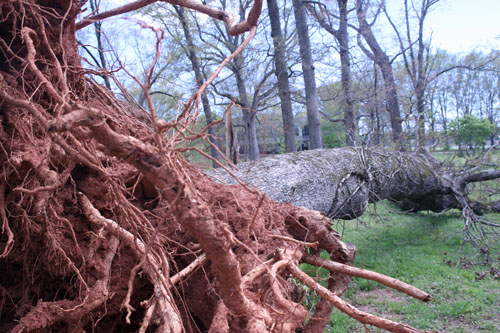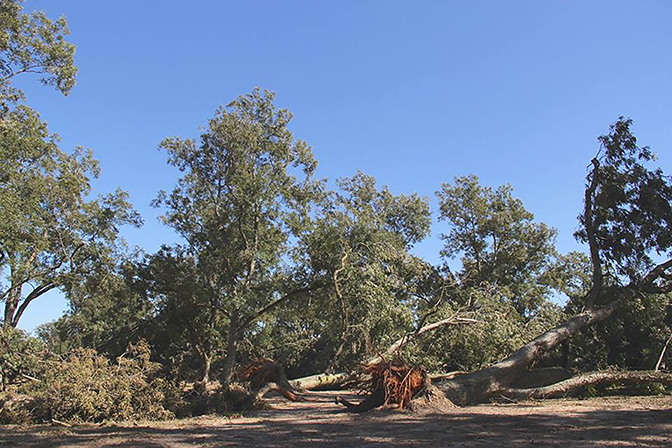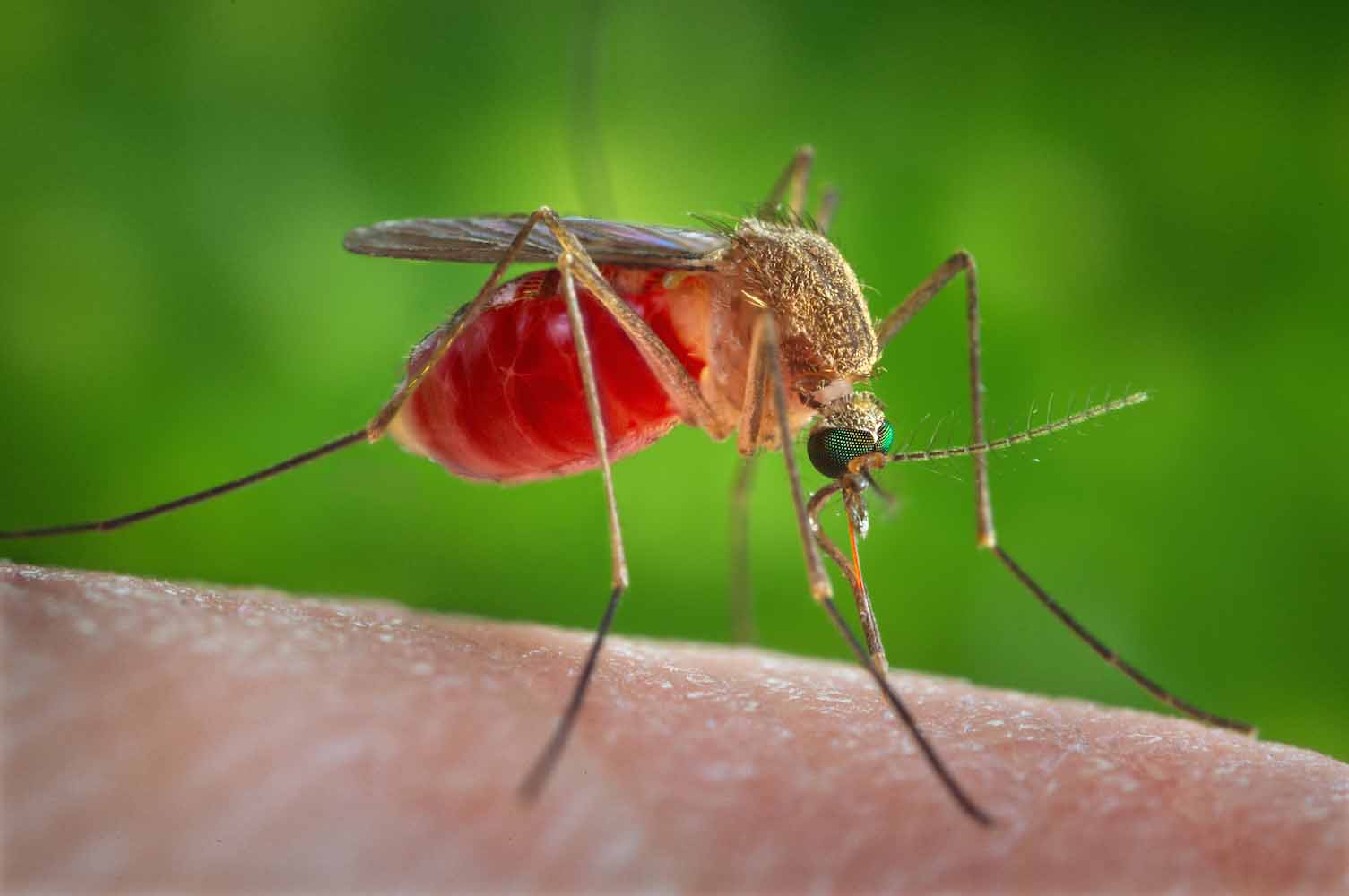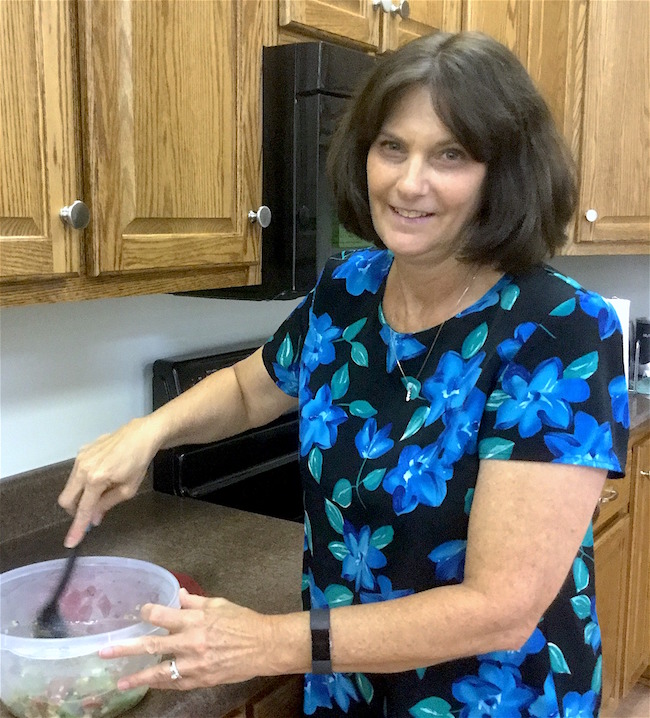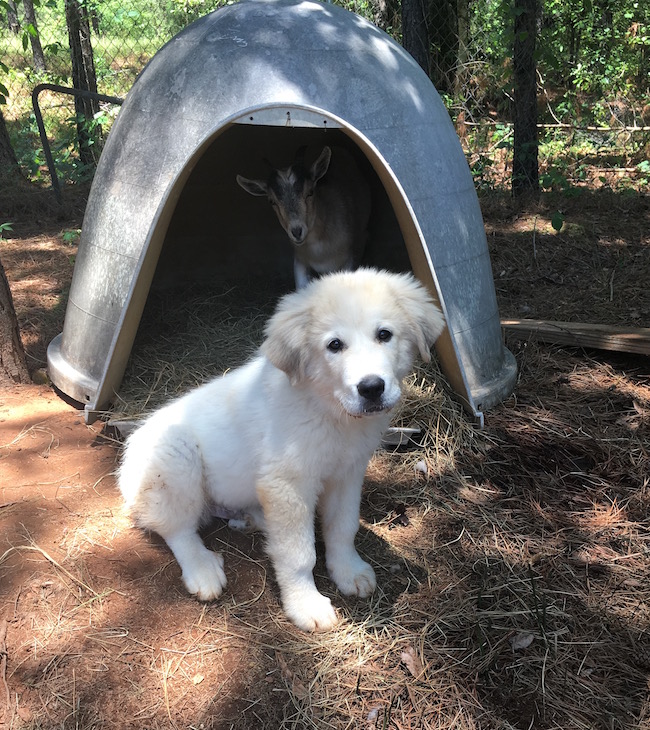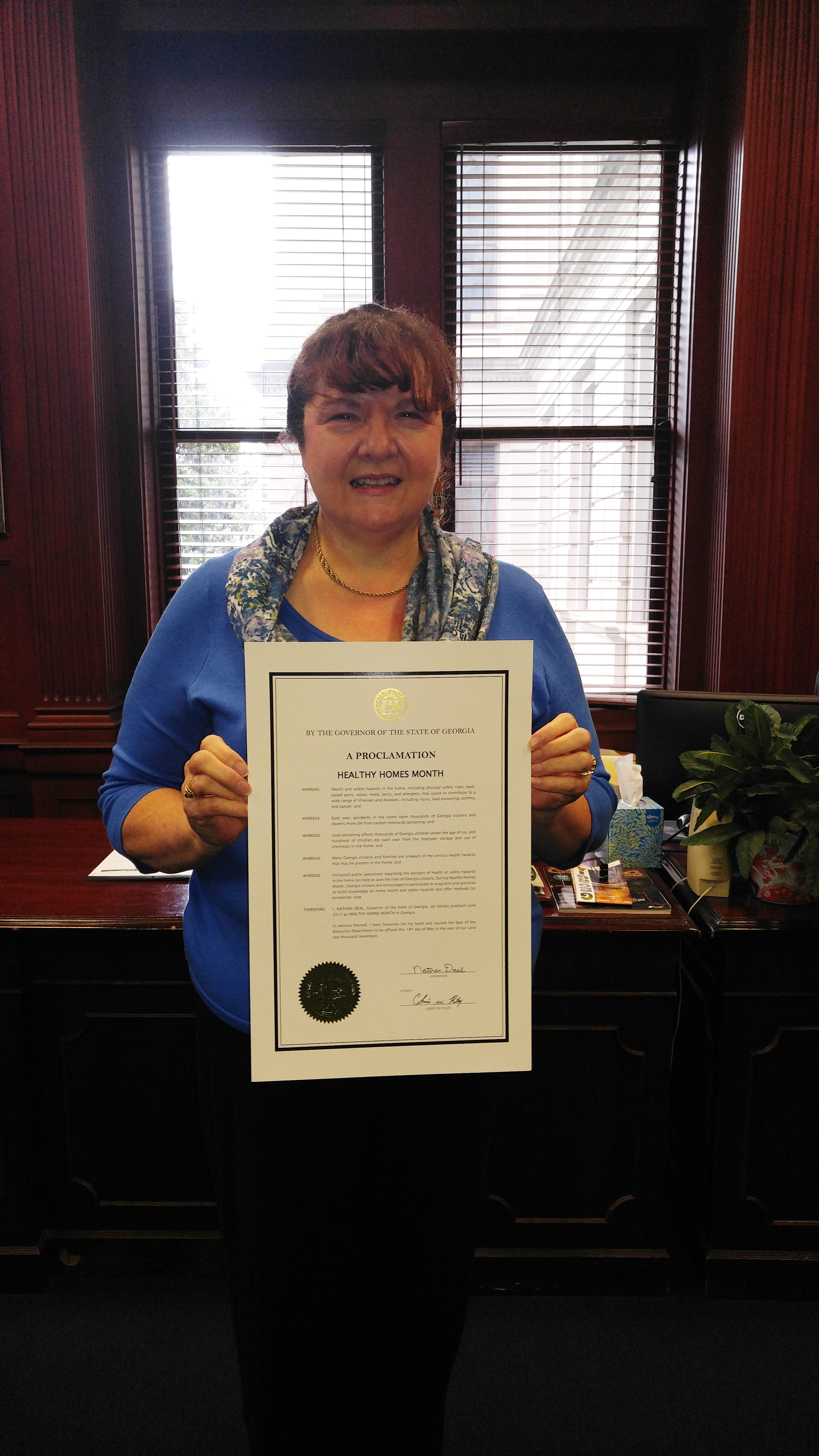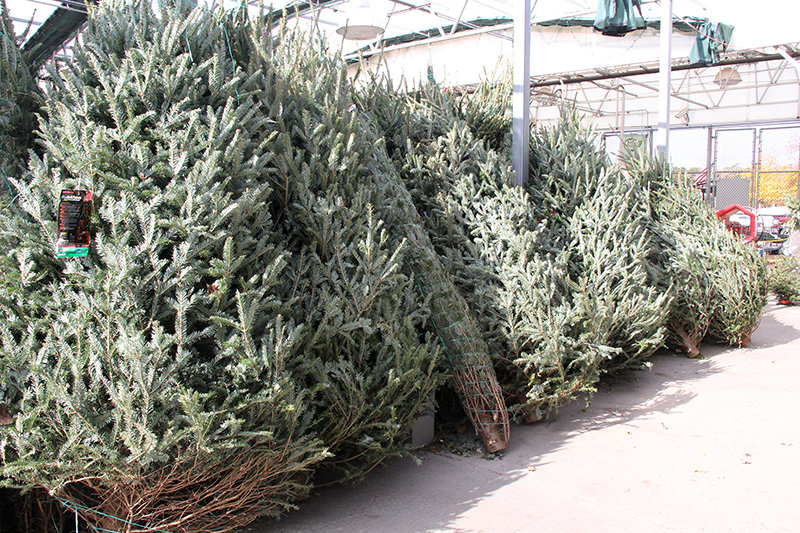 CAES News
CAES News
Christmas Trees
I always feel festive when I see trees decorated this time of year. If you decide to put a tree up in your home or office, follow these safety tips from University of Georgia Cooperative Extension to keep you, your family members and friends safe.

